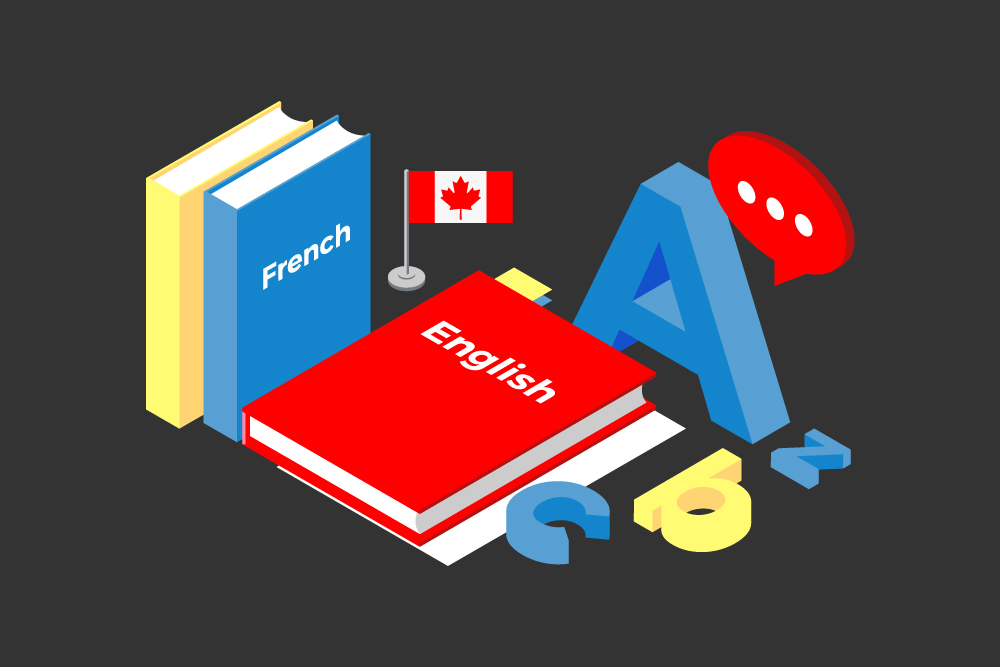
Ever since I was a kid, I was taught to look up words I didn’t know in the dictionary. I used to think it was because the grown-ups were too busy to explain the meaning (or maybe I was being a pest). But now I can’t help but wonder whether I misjudged their reasons. I often think I know what a word means but struggle to clearly articulate its definition—even if I can use it correctly in context. Maybe the adults in my life secretly struggled with that too?
It wasn’t until well into adulthood that I learned the other ways a dictionary can be useful to wordsmiths. These old tomes are editors’ and authors’ frequent companions while working with a piece of writing.
Once I learned why, my copy of the second edition of the Canadian Oxford Dictionary (or CanOx, as it’s often dubbed) increased tenfold in value to me. My guide to words holds a host of new and exciting possibilities to me now.
A caveat: make sure you’re using the right dictionary for the document. If you’re editing for an American client, you’ll likely reach for an American dictionary. Merriam-Webster is usually the standby in that case, but of course you’ll want to confirm with your client or adhere to the dictionary named on your style sheet.
Here are some ways to use your dictionary besides looking up basic definitions.
Learn how to spell something
With a dictionary, you can learn the primary, and often secondary, spelling of a word. This one should be obvious, but it wasn’t to me — though I freely admit I’ve used Google to recall the spelling of a word on more than one occasion.
What’s important here is that you’re learning the proper (or preferred) spelling of a word based on where you live and what dictionary you’re using. For instance, with Canadian spelling, words like colourful and theatre vary from the US spellings of colorful and theater. While this may not be important to the meaning of day-to-day communications, honouring the language norms of your client — and their audience — makes a difference.
Reviewing spelling also works in reverse. If you see a word that you recognize as a homophone, you can check your dictionary to confirm that the author has used the correct version (effect vs. affect, altogether vs. all together and so on).
Determine whether a compound is open, closed or hyphenated
Have you ever wondered whether compound terms are one word or two? For example, is it lookout or look out? (Answer: both! It depends on the usage.) Does a word like open-minded take a hyphen? (Answer: it does!)
Consulting your dictionary is an easy way to confirm what is and isn’t spaced or hyphenated. It can also tell you under what circumstances a hyphen is used, such as whether an adjective precedes or follows a noun (i.e., “He’s a good-looking guy” vs. “He’s good looking”).
Related to that, here’s an idea: if you notice you’re looking up the same words repeatedly, make a list of them in a notebook or keep them on your desk. It’ll save you a few seconds and seeing them repeatedly will, over time, help them stick in your brain — I promise!
Determine word origins and evolution
Confirming the historical period from which a word originates is a valuable feature from a fact-checking perspective. In some cases, it can help you avoid unintended anachronisms, such as Shakespeare’s infamous misstep where he mentioned a mechanical clock in Julius Caesar, which was set long before such clocks were invented.
Plus, it’s interesting! I don’t know about you, but I’d be fascinated to check out definitions for perambulator in some of the older dictionaries and compare them to those found in my newer dictionaries.
Final thoughts
As an added bonus, you can use a dictionary to confirm something you already know (or, let’s face it, to win an argument: hello, Scrabble dictionary!). And if all else fails, a dictionary makes a great doorstop. Just kidding. It’s not the most helpful to you from the floor!
Editor’s Note
Stay tuned in the coming months for more information about The Canadian English Dictionary. This up-to-date, inclusive resource will be the first new general Canadian dictionary of English in two decades. It is being developed by a not-for-profit consortium including Editors Canada, the UBC Canadian English Lab, and the Strathy Language Unit at Queen’s University.
___
The Editors’ Weekly is the official blog of Editors Canada. Contact us.
Discover more from The Editors' Weekly
Subscribe to get the latest posts sent to your email.
